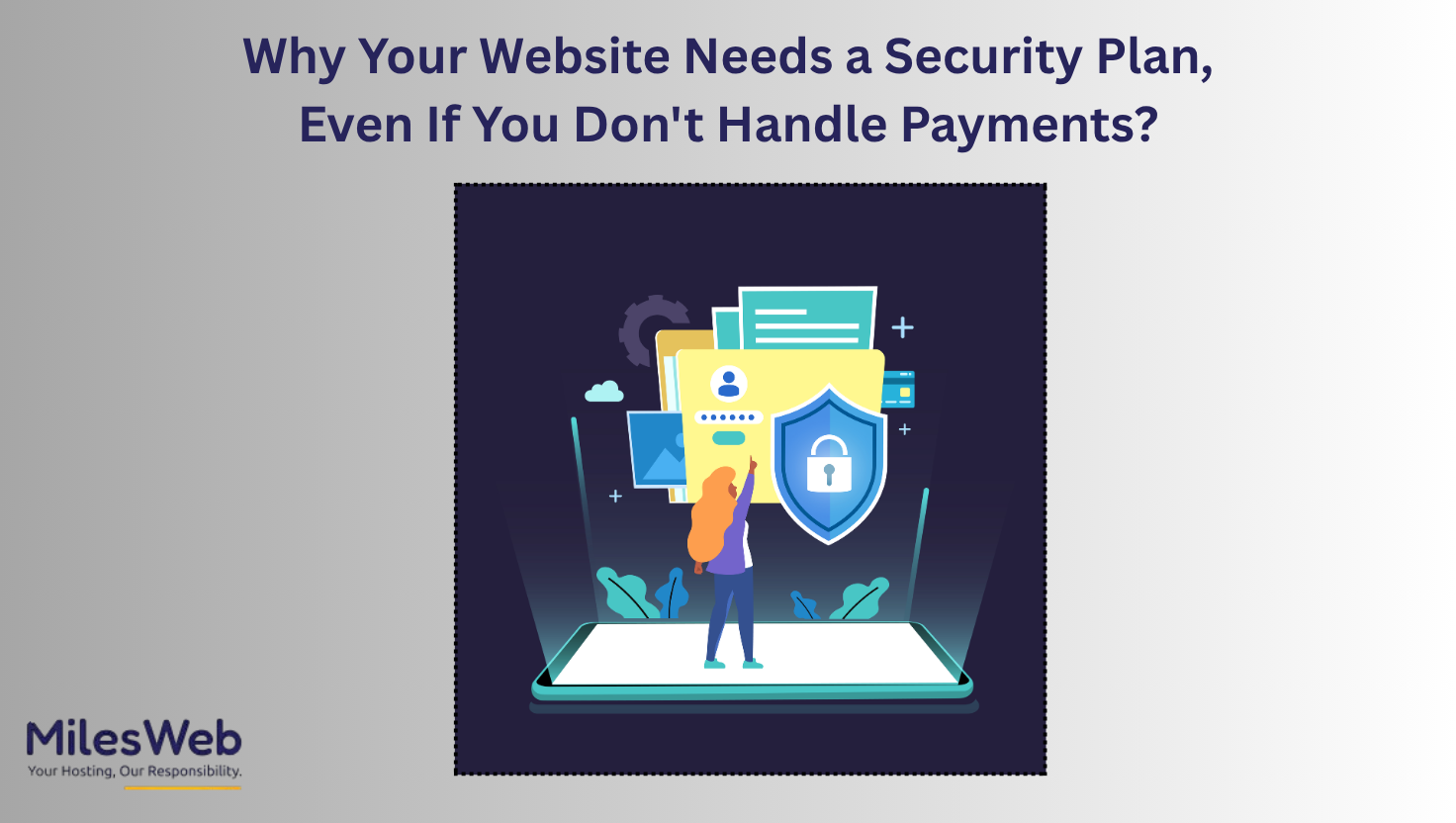Many website owners believe that cybersecurity only matters for online stores handling sensitive financial data. This assumption creates a blind spot where every website, regardless of its size, is vulnerable to cyber threats. Whether it is a simple blog, creative portfolio, or an information business website, you are always a potential target. You can choose the PHP hosting server with robust security features to protect your data.
Today, hackers not only keep an eye on credit card numbers. They exploit weak points to hijack traffic, spread malware, damage reputations, or gain unauthorized access to servers for malicious purposes. Therefore, having a structured security on the ReactJS hosting plan is crucial even if you are not running a transactional website.
1. Hackers Want More Than Just Money
It is a common myth that cybercriminals are only interested in websites with an eCommerce functionality. Attackers always look for easy wins, websites with minimal protection, and outdated systems. They may compromise your website to steal personal data, plant phishing links, insert hidden spam, or use the server resources to launch attacks.
Even if your website only captures email addresses from your contact form or runs some simple scripts at your site, it’s still data worth stealing. In the worst case, you might not be aware there is a breach until it is too late and your domain is blacklisted, or when visitors report strange behaviour on your site. Having a good security plan can help find and mitigate these threats before they get out of hand.
2. Your Brand Reputation Is Always at Stake
Your website is the first interaction of your client, and a potential customer or collaborator has with the brand. If the website is compromised with just a backend effect, it immediately undermines the trust you have built. Visitors see “Not Secure” warnings, broken pages, or spam popups that are likely to exit and never return.
Earning reputation is hard, and losing is easier. Even if you deliver top-notch content, a single security breach creates lasting damage. Worse, recovering from such incidents isn’t just technical; it requires communication, reassurance, and often re-establishing your credibility from scratch.
3. SEO Penalties Are Hazardous
Google and other search engines take website safety quite seriously. If they see malware on your website or some suspicious code, they could even start to flag it with warnings on the search results, or potentially even remove your site entirely and block it from showing in searches altogether. This could leave businesses or creators whose model heavily relies on search traffic with a severe decline in visibility overnight. This immediately has an impact on leads, sales, and long-term growth strategies.
Even after you have fixed the issue, it’s challenging work getting back to your previous search ranking. The algorithms in search engines are typically overly cautious after a breach, so establishing your trust score back to where it was can take time. By developing a strong security plan that involves using regular scans, ensuring your code is neat and clean, and having SSL certificates, you can actively protect both your audience and your search visibility.
4. Downtime Means Lost Opportunities
No matter what your website offers, consistent uptime is crucial. Whether someone is reading your blog, filling out the contact form, or simply exploring your services, their experience can be interrupted if your website goes down due to an attack.
Minor cyber threats lead to the tarnished brand image, lost sales and missed inquiries for several small businesses and freelancers. To avoid this, a good security strategy is crucial. A good security strategy includes uptime monitoring, automatic backups, and firewalls for downtime-prone circumstances. It is also never cost-effective to recover from a situation when you can prevent it entirely.
Conclusion
Even if your website does not sell products and you are not processing payments, cybercriminals can still penetrate your website. Attackers assume websites that do not have visible security or payment processing have little to no security, and they want to exploit that.
Establishing a website security plan is not just about protecting data; it’s about maintaining trust, uptime, compliance, and continuity for your digital brand. Regardless of whether you’re a solo creator, freelancer, agency, or small business, you should be as secure as possible online.




